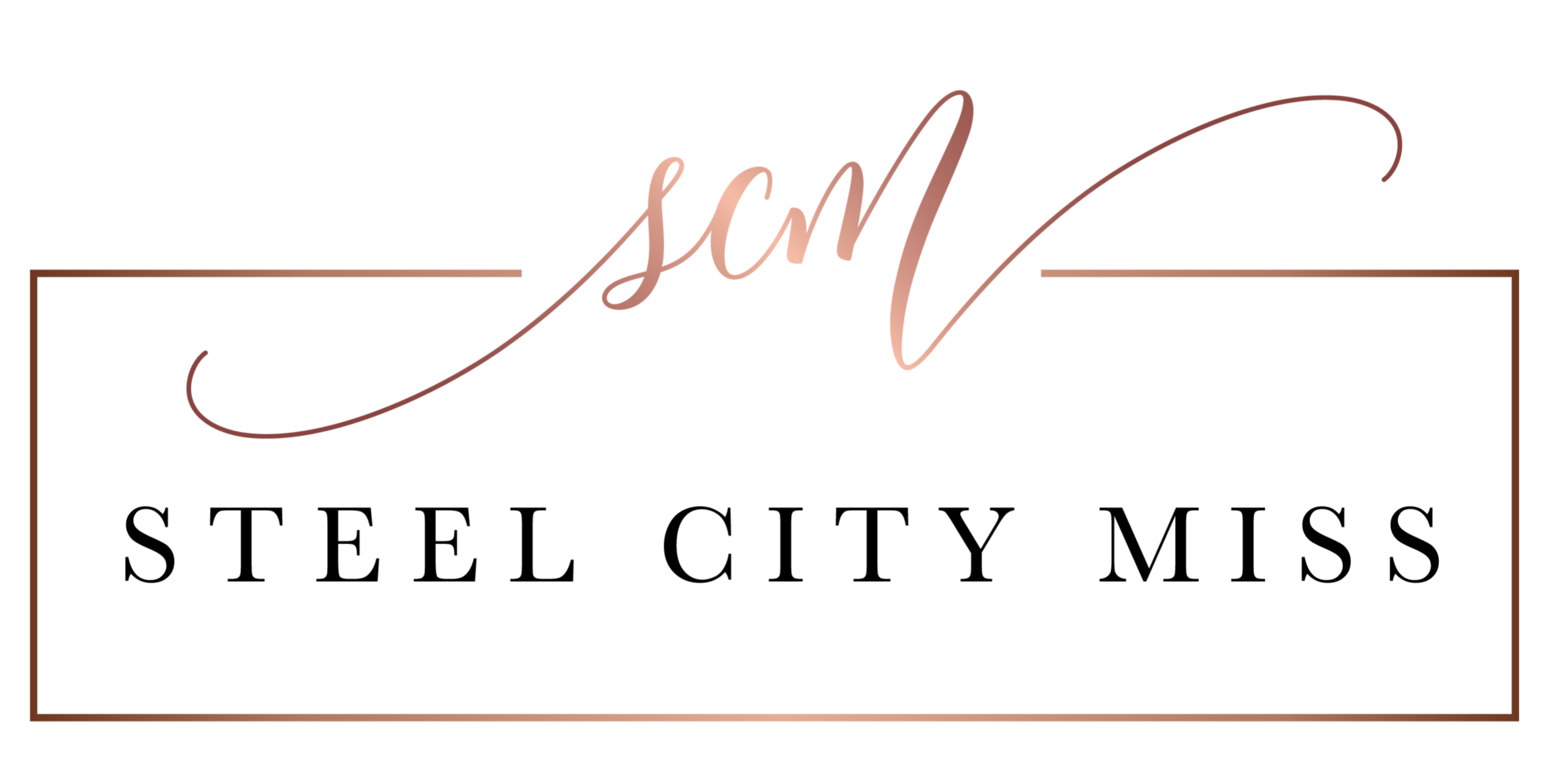
Welcome back to another addition to the beauty school series, this week I am introducing exfoliating acids namely AHAs and BHAs.
I am a bit of a self confessed science nerd as you most likely already know. For me it is important to understand the science involved in the skincare I’m using. I don’t like being told what to use and not understanding why.
Why Should I be using AHAs or BHAs?
Believe it or not, every minute of every day we loose about 30,000 dead skin cells. Without exfoliating or washing away those dead cells, you’re increasing the chances of acne, breakouts and blemishes.
Facial exfoliating is therefore a key stage in our skincare routines. Not only does it gently remove these skin cells, it also helps our other skincare products penetrate the skin better and our makeup apply more evenly. This is probably one of the quickest ways to achieve glowing, smooth, toned and hydrated skin.
What is an Exfoliating Acid?
An acid exfoliant will most likely come under either alpha-hydroxy acids (AHAs) or beta-hydroxy acids (BHAs) there are other types of exfoliating acids but they’re less common and I will go into detail about those another day.
AHAs and BHAs are both types of leave on exfoliators which don’t damage the skin’s outermost layers. These are great for everyone no matter your skin concern whether it is ageing, acne or dullness.
AHAs
The AHAs you can buy on the highstreet or online in stores like lookfantastic are in low concentrations and are safe for home use. The two main ones are lactic acid and glycolic acid. These acids are water based.
Both of these are suitable for dry or sun damaged skin, they are generally suitable for delicate or sensitive skin. Find out the differences between dry and dehydrated skin here.
BHAs
The same as above applies to BHAs, the ones you can readily purchase in stores like boots are safe for at home use. The main BHA available is salicylic acid. This acid is great for oily, acne prone or acne scarred skin. This acid is capable of penetrating the skin more deeply. For this reason I would not recommend this acid to someone with sensitive skin.
How to Use AHAs and BHAs?
So now you know what they are, you want to know what you should be buying, why and how to use them.
First key tip, start low and slow. If you are new to exfoliating acids start with a low concentration and introduce it to your skincare once or twice a week at first.
Second, following on from the above statement. Using cleansers and washes with acids is a good way to start as they are low concentration and are not intended to remain on the skin. Alternatively, creams penetrate the skin over a longer period of time so these are also a great place to start.
If you’re a seasoned professional using AHAs and BHAs you may want to move onto serums or pure AHA/BHA solutions. These are targeted more towards older skin types as they’re great for softening fine lines and wrinkles and stimulating collagen production.

What to do if you suffer from irritation?
If you have done as indicated above and started low and slow and with a lactic acid as this is the most gentle form of acid exfoliant and you are still experiencing irritation, maybe your skin is too sensitive for these types of products.
It is normal to experience some tingling sensations but not burning or soreness! If you start to experience this after application, wash your face to neutralise the pH.
If you’re getting the tingles when you apply it but getting redness too, try using it less frequently and introducing it to your routine more slowly.
Remember, these will cause your skin to dry out and potentially some dehydration. Take care for your skin by following up with moisturisers and serums at night. Finally, ensure you’re wearing an SPF during the day, every day! Your skin will be more sensitive now you have cleared the top layer of dead skin cells.


